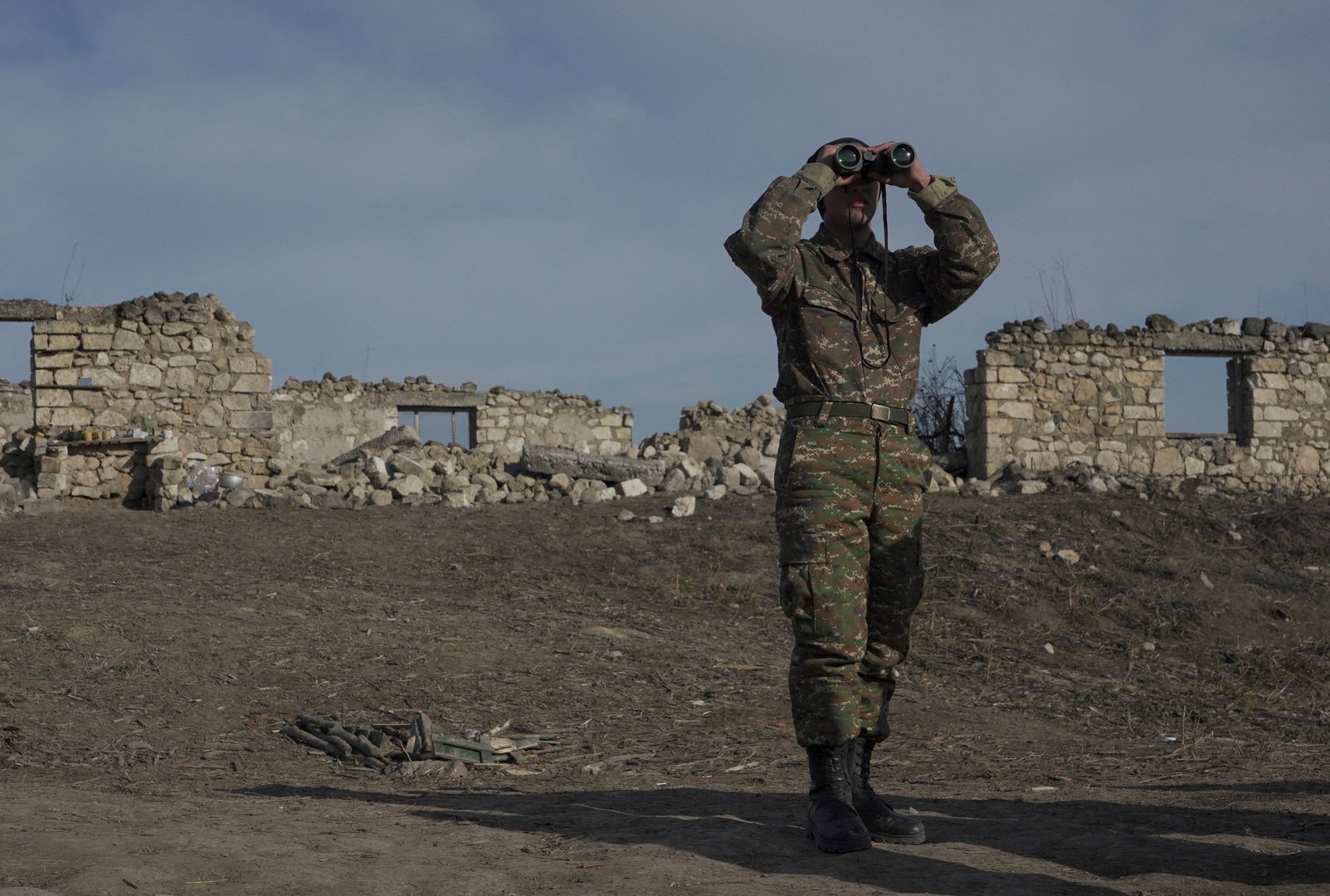Doing nothing never changes anything.
By David Alton
Russia’s assault on Ukraine has seized humanity’s attention, riveting us with a new-old story of avarice and aggression. As we mark one year since Vladimir Putin’s invasion of his neighbour, people all over the world are taking stock of what unfolded, united in concern over events happening far away.
While the war is a great tragedy, the attention it has commanded is a hopeful sign of our underlying decency as a species. Spare a thought then, for the fact that Ukrainians are not alone in enduring hardship and suffering. The world is full of conflicts that go almost unreported.
Shining a light on forgotten people and places, early and often, is our best hope for both challenging the perpetrators and steering the world on a different course. Yet we suffer from an attention deficit sometimes caused by a combination of compassion fatigue and a narrow bandwidth already occupied by more horror than we feel we can cope with. Putin has seized our attention but other warlords the world over exploit our frequent indifference to add to the mass of human suffering.
According to the World Economic Forum, more than 100 million people today are fleeing disaster, and another 340 million are projected to need humanitarian aid in 2023, a figure four times greater than a mere decade ago.
Some of the places where tragedy is knocking at the door will be familiar: places like Afghanistan where the 2021 return of the Taliban to power has devastated what there was of an economy and reinstated the brutal oppression of women. A pattern also playing itself out in Iran.
There is residual awareness of the human toll in Arab countries whose post-Arab Spring wars for a time achieved some global media coverage. These include Syria (where about half the population has been displaced by war), Libya (ruled by militias and gangs), and Yemen (where 80 per cent live in poverty and cholera has killed thousands).
But many other situations, and perhaps most, go largely unreported.
What does get reported? Is it about where the most people have been killed? Where atrocities are happening and new genocides unfolding? Where economic interests are judged to be the key question? Where national interests are thought to matter most? There is no pat answer. Sometimes foreign correspondents, most of whom originate in the West, are drawn to cultures similar to their audience back home – which tends to push coverage of Africa, for instance, down the pecking order.
Here are some humanitarian crises that go largely ignored:
HAITI: Political instability and gang violence went through the roof after the 2021 assassination of President Jovenel Moise. Armed gangs roam the streets of Port-au-Prince terrorising the population and seizing critical shipments. This is causing rampant food insecurity and shortages of basic goods and fuel. Kidnappings, rape and killings are at epidemic levels in a country of 12 million, whose per capita GDP is under $2,000 a year.
BURKINA FASO: Armed groups control almost half the country and humanitarian aid is scarce. Many towns, especially in the north, are almost entirely cut off from aid.
NAGORNO-KARABAKH: About 120,000 ethnic Armenians living in the autonomous enclave, which is technically in Azerbaijan, have endured aggression since a 2020 war between Azerbaijan and Armenia. For almost three months they have been cut off from the world as Azeri operatives posing as ‘eco-activists’ block the only road in and out.
ETHIOPIA: The country faces a six-year drought that will affect millions, while conflict in various provinces is causing widespread death and misery, and preventing humanitarian organisations from delivering aid. Despite a peace agreement struck last November, the deal is threatened by Eritrean militias and violence continues – with almost no foreign media presence to monitor it.
XINJIANG: Since 2017, more than a million Muslim Uyghurs have been arbitrarily detained in re-education camps and other facilities in this Chinese province. This year a UN report found “patterns of torture or other forms of cruel, inhuman, or degrading treatment” in the camps. Coverage is essentially impossible due to severe restrictions imposed by the communist government in Beijing.
CONGO: Over 100 armed groups run riot in the country’s east, continuing a decades-long crisis which has claimed the lives of millions. The M23 armed group launched a major offensive in 2022, forcing masses to flee their homes. Measles, malaria and even Ebola are placing the health system at breaking point – and thousands of children are condemned to work in cobalt mines to provide us with batteries for our cars and technology.
Unfortunately, the list is long. But so is that of the people seeking to do good. I am blessed to encounter many who risk their own lives, health, or freedom to save others from suffering. They know that doing nothing never changes anything.
We should take a moment to think about and talk about these less-reported crises. The more we talk about forgotten people in forgotten places the more likely it is that positive action will be taken to address and alleviate the suffering.
Lord Alton is an Independent life Peer in the UK’s House of Lords and a former Liberal MP in the House of Commons. He is a member of the joint Commons-Lords Select Committee on Human Rights and is known for his human rights work. He recently co-authored a book on Genocide







Click here to change your cookie preferences